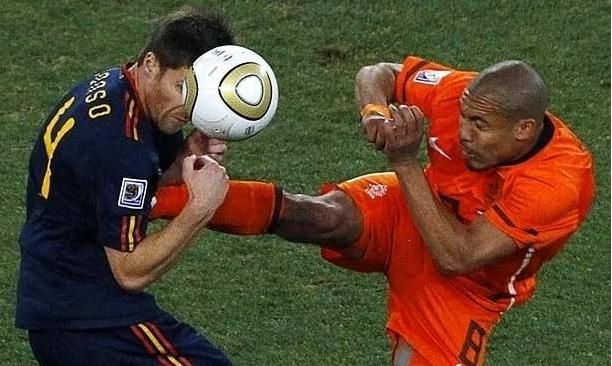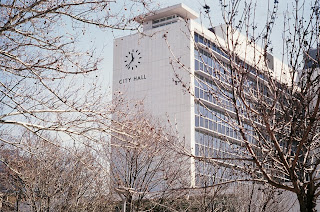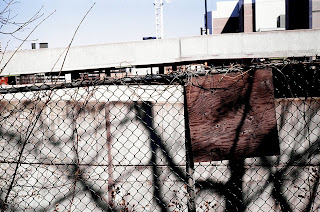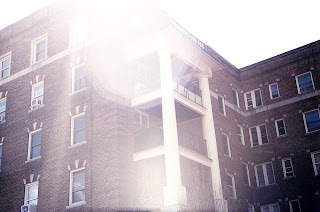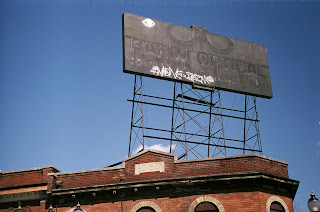I have this weird, recurring thing. It starts with a dull soreness in my left glute, kinda like someone kicked it the day before and it feels bruised. Then, in a day or so, an odd stiffness and soreness stretching from the glute all the way down the back of my left leg, going down to my ankle. Within a day or so it reaches the zenith of its pathology: pain.
Two weeks ago yesterday I tried getting out of bed. I swung my legs over to the side of the mattress, and between that everyday action and my feet touching the floor I became a crumbled mess, bent over in agony. I was in so much pain I was crying. I was unable to stand. I was unable to sit. I was unable to do anything without experiencing the sort of intense, unrelenting pain that makes you realize in seconds why anyone would unhesitatingly reach for opiates.
What I have goes by two names: pseudo sciatica, or piriformis syndrome. The sciatic nerve travels from the spine and down the leg where it provides sensation to the skin of the foot and the lower leg. Unlike classic sciatica which involves irritation of the nerve from the spine via a disc, what I got is caused by the irritation via the piriformis muscle — something you’ve likely never hear of, but it’s a band of muscle in the core of your glutes. If the piriformis is aggravated it can bother the sciatic nerve in a similar way to classic sciatica. [Update: please see the follow-up post]
I’ve described the pain to people as like having your hamstring replaced with razor wire. It’s actually worse, because of how the pain “glows” all through the leg. At its worst, the pain cuts through your thoughts, your feelings. It takes priority over everything. It doesn’t care if you are happy or if you had plans to go somewhere that day. I’m always humbled by how quickly physical pain cuts through everything, taking priority, and how it terrorizes me with its power. I end up impatient with others, downright angry 24/7. I catastrophize: this is never going to end, I’m going to be like this forever.
I can afford physiotherapy, which makes me lucky. I don’t have health benefits because I’m self-employed, so anything not covered by provincial health care comes out of my wallet. I immediately checked myself into a physio clinic and I remember being furious: this again. This being physio. Physiotherapy (and related physical therapies) is something I have a good deal of experience with and I never hesitate to recommend it to people; the irony is that when I find myself being forced to return to physio it feels as if I’ve failed at something. Something tells me I’ve been irresponsible, which is silly.
Piriformis syndrome can happen to people who sit a lot. While I’m one of the most physically active people I know (I walk to work every day, I go to the gym, I run, I practice baguazhang) my job as a psychotherapist means I’m sitting for an hour at a time. Piriformis syndrome also prefers distance runners, which makes me a prime candidate.
For the last two weeks I’ve been doing physio exercises three times a day, combined with visits to a clinic, combined with acupuncture and Chinese medicine. Progress was very, very slow. The last time I had this it lasted all of a week or so, and I was able to work it out on my own with stretching and massage. This time it’s been remarkably more painful and long-lasting.
Yesterday, on the two week anniversary of not being able to stand out of bed, it felt like something had subtly changed. My mobility felt more easy, I didn’t have the feeling like I couldn’t extend my lower leg when I was walking on the sidewalk doing errands. I stayed outside, pushing myself a little, forcing myself to stay active. Today, for the first time in many weeks (partly because of the terrible weather we’ve had) I was able to practice ba gua outside on our terrace. I nearly cried.
My relationship with physical exercise is a personal one. It allows me to connect with my body. It is embodied movement, whether it’s running a 10K circuit or doing ape offers fruit. I’ve gone two weeks without any chance of significant exercise, and so the things that gave me internal relief — running, baguazhang, gym — were off-limits, which in turn made me miserable, feeling imprisoned.
I suppose I’m sharing this because it’s important to take a moment to reflect on the relationship between body and mental health. How it directly affects my spirit. The pain is slowly receding, I have my mobility, and I know that soon I’m going to be able to run outside and feel better. But my experience pales beside anyone with chronic pain, and I am humbled when I consider anyone who has to go through life under such conditions, be they due to injury or living conditions. Not to mention the fact that, when this has passed, I will have spent hundreds of dollars on physical therapies that many cannot access.
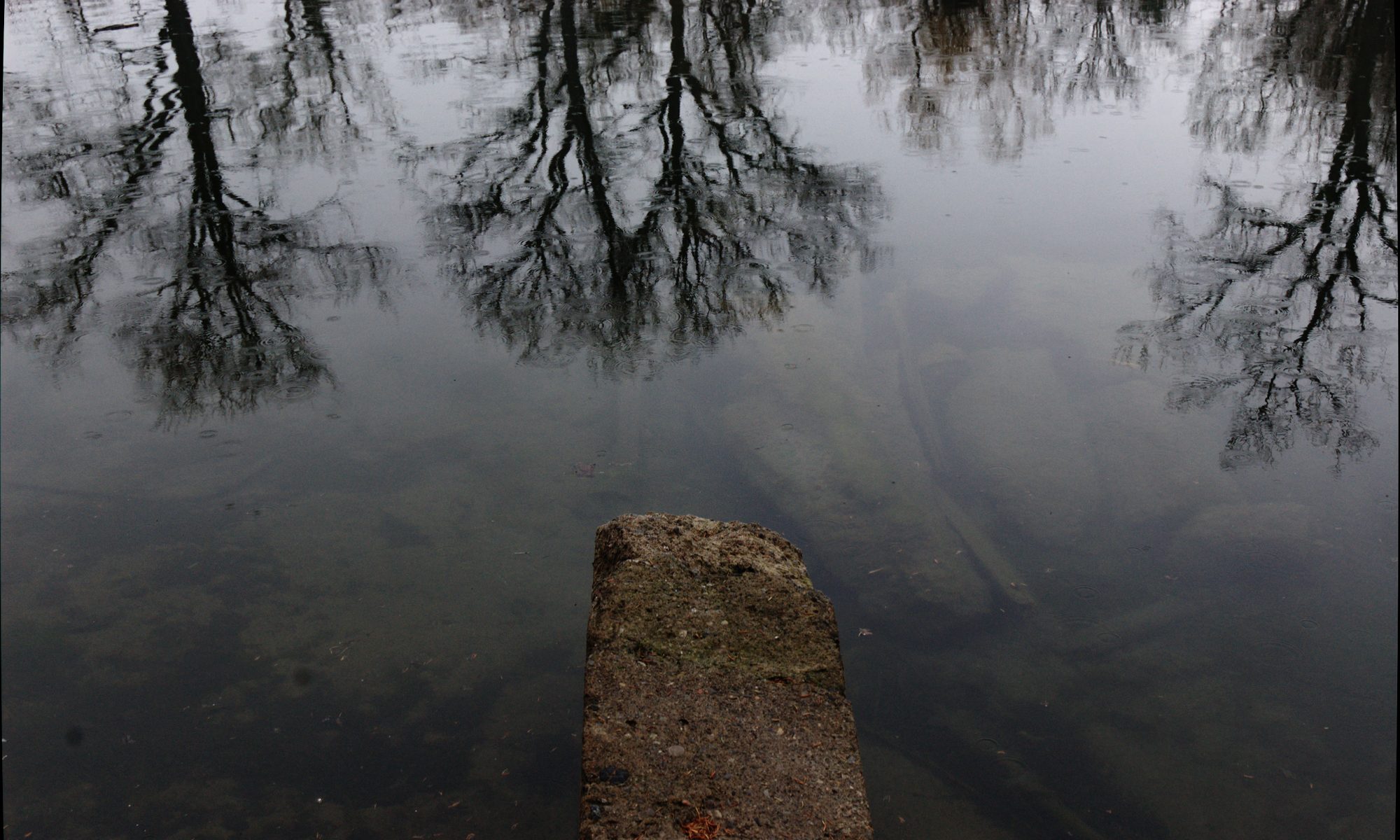


 I don’t want to come across as melodramatic, but I’ve been preparing myself for the day that Lou Reed passed away. That day came today.
I don’t want to come across as melodramatic, but I’ve been preparing myself for the day that Lou Reed passed away. That day came today.